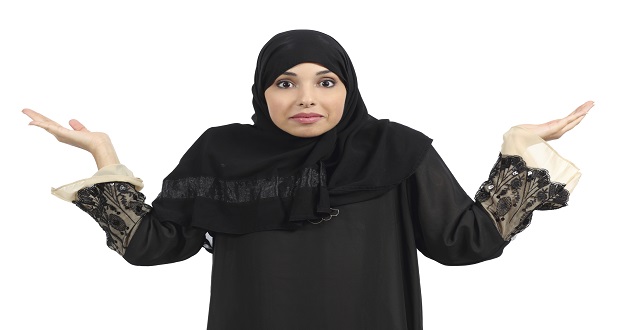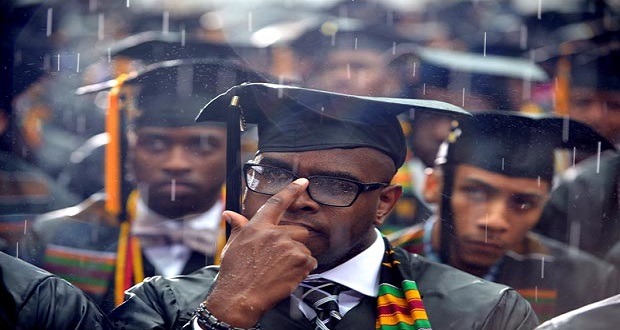I am… a Black woman, a mother, a young professional millennial, a woman of faith, an advocate.
When asked to share more about who I am, I typically lead with this. As I strive to use my “whole self” in practicing diversity, equity, and inclusion work, I bring these aspects of my identity to how I see and respond to the world. As I approach my one-year Mama-versary (😊), I have especially become more aware of how [black] motherhood, being Braxton’s Mom, has (re)shaped my worldview and orientation toward this work.
In finding my way and navigating the intersection of Black, Millennial Motherhood, I have learned so much—about myself and this work:
- On Affirming the Humanity & Innocence of Black Children: There has been no shortage of studies that capture how broader societal norms and practices rob black children of their right to innocence at such early ages. I’ve previously written about how black girls and boys are more likely to be viewed as less innocent and needing less support and nurturing than white children, as early as 5 years old.
As a mom to a beautiful black boy, this reality is troubling and creates a greater sense of urgency for me in engaging in “this work.” When asked by white people about what they can do to foster inclusion or make a difference, I typically lead with “educate the children in your lives.” Expose them to differences, encourage them to “see color,” and other differences, and model appreciating them. Buy black and brown dolls, and disrupt the narratives that implicitly suggest their whiteness is the default, the norm, or simply better. Teach them, in your language and behavior, that just because my son is a boy or bigger, that doesn’t make him aggressive or any less a child.
Likewise, I have made it my priority to create an environment that is affirming. At this juncture in history where it has become more apparent that black life is still undervalued, I choose to create opportunities where Braxton’s identity is affirmed. This meant tracking down one of few black male pediatricians in our area, even if it meant going to a different side of town. It means challenging intragroup norms in the black community that suggest “big boys” don’t cry and perpetuate misogyny. It means ensuring Braxton understands that boys will be boys good humans, and that he has an appreciation and respect for black [girl]womanhood. It means challenging my own socialization and privilege, as an educated, able-bodied, cis-gendered, US national. In sum, motherhood has made me prioritize my role in shaping the next generation of little people trying to save the world.
- On Boundaries & Self-Care: Motherhood has taught me that boundaries are OK…and self-care must be a priority. This age of “polarization” and unfortunate political realities, blended with the ease of access and exposure by way of social media, has, for me, made self-care critical to wholeness and sanity. This means choosing to unplug and not engage in some conversations. It means not feeling obligated to “educate” all the time. It means choosing Disney Jr. cartoons (Doc McStuffins & Little Einsteins) over checking emails first thing in the morning. I’ve learned to make these choices, establish these boundaries for me.
Prior to becoming a mother, I never fully appreciated the necessity of “work-life balance”. I probably even subscribed more to the idea of “work-life blend.” More recently, however, I have become OK with having to choose between work and motherhood. I have become OK with the idea that being the best mom in some situations may require not being the best at work… and that is OK.
- On Finding Common Ground: This is perhaps one of my biggest lessons learned and yet, still a remaining area of opportunity, as a mom and practitioner. I have had the pleasure of learning even more about this, seeing it modeled by my amazing boss, Mary-Frances Winters.
By nature of me being very strong in my convictions, and passionate about my perspective, I have (and still do) struggle with compromise, creating shared meaning, finding common ground. As a mom, but furthermore, as a mom in a co-parenting relationship, I am learning that this is a skill, a competency. Likewise, when facilitating difficult, polarizing conversations around topics like race, it is just as critical. I am learning the beauty in “both/and,” rather than “either/or.” I am constantly strengthening my capacity to empathize and better understand the perspective and worldview of my “cultural others,” and my son’s father. I am growing in my appreciation for healthy discourse and conflict, even though it may be difficult. I am becoming more aware of blind spots and triggers—all of which are critical to fostering my own self-understanding.
It’s only been a year, and as you can see, I have learned so much. As I prepare for year two in my journey in motherhood, I anticipate even more opportunities to grow in my journey to live more inclusively.



















